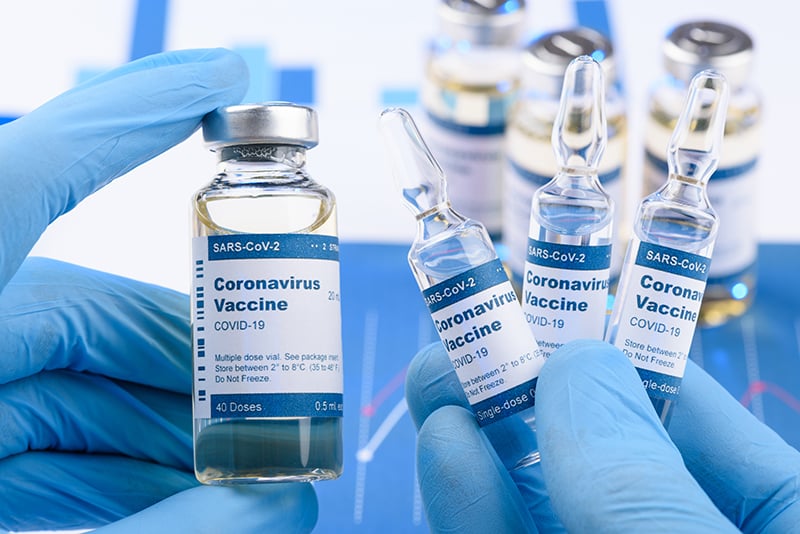
According to rumors in the media, China has approved its first messenger RNA (mRNA) vaccination for Covid-19 from a Chinese pharmaceutical that has the technology. The CSPC Pharmaceutical Group developed the approved mRNA vaccine, but it was only allowed for use in emergencies, the company stated in a statement to the Hong Kong stock exchange on Wednesday.
The action was taken in response to stringent Covid-19 regulations that caused a significant infection wave that killed at least hundreds of thousands of people. Years after these immunizations were made readily accessible throughout the rest of the world, China approved the mRNAs.
Beijing’s failure to utilize the available mRNA vaccines is long thought to be a serious weakness in its COVID response strategy. The vaccine developed by CSPC is now covered by regulatory approval. It increases the nation’s 1.4 billion people’s reliance on domestic vaccinations alone for immunization. With China’s current inactivated injections produced by Sinopharm and Sinovac, which elicit a lesser immune response, mass manufacture of this type of technology was hard.
In contrast to mRNA, which makes use of a molecule known as messenger RNA, inactivated vaccines use the disease-causing germ that has been killed (mRNA). The mRNA vaccines claim to improve immunization and offer a potential replacement for conventional vaccination methods.
According to analysts, Beijing has continued to uphold its divisive zero-Covid policy because it has always relied on local immunizations, according to Financial Times.
China stopped enforcing pandemic bans months ago
Forcible quarantine measures were imposed on foreign visitors by China. In order to stop the COVID-19 virus from spreading, the nation also implemented rigorous lockdowns; nevertheless, its stringent pandemic laws slowed down the economy and disrupted supply networks. The most populated nation in the world stopped enforcing pandemic bans months ago.
The Chinese government is hesitant to approve the mRNA injection developed by BioNTech SE and Pfizer, despite a wealth of data and applications submitted by regional partner Shanghai Fosun Pharmaceutical Group. Only inactivated vaccinations produced by state-owned pharmaceutical enterprises were able to control the pandemic in China.






